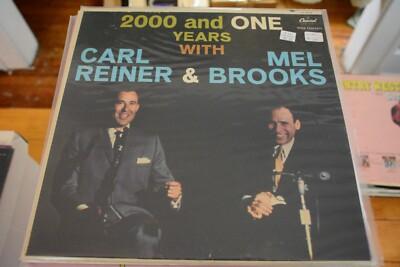The Enduring Legacy of Mel Brooks in Comedy and Film

Introduction
Mel Brooks, a name synonymous with laughter, has made an indelible mark on the landscape of American comedy and filmmaking.
His unique ability to blend satire and parody has not only entertained generations but has also revolutionised how comedy is viewed in cinema. As he celebrates his 97th birthday this year, it is important to reflect on his contributions, the cultural significance of his work, and the legacy he continues to build.
Mel Brooks: A Brief Overview
Born Melvin Kaminsky on June 28, 1926, in Brooklyn, New York, Brooks first made his mark in the entertainment industry as a writer and comedian. After serving in World War II, he transitioned to television where he gained recognition for his work on shows such as ‘Your Show of Shows’. His early experiences with comedy led him to create iconic films that challenged societal norms and offered audiences a fresh perspective on comedy.
Iconic Films and Contributions
Brooks became a household name with films like ‘Blazing Saddles’ (1974), which satirised racial stereotypes in the Wild West, and ‘Young Frankenstein’ (1974), a comedic take on the classic horror genre. His ability to marry clever dialogue with absurd situations allowed his films to resonate with audiences while also making poignant societal critiques.
In addition to his film contributions, Brooks co-created the beloved television series ‘Get Smart’, showcasing his talent for blending humour with clever storytelling. Over his career, he has received numerous accolades, including an Academy Award, several Tony Awards, and an Emmy Award, solidifying his place in entertainment history.
Recent Developments
As of 2023, Mel Brooks continues to inspire new generations of filmmakers and comedians. His life story was showcased in a documentary that highlights his influence and creativity, as well as featuring behind-the-scenes anecdotes from many of his beloved films.
Conclusion
Mel Brooks remains a vital force in the world of comedy, showcasing the power of humour to confront societal issues. His films not only entertain but also provoke thought, making them relevant even decades after their release. As audiences continue to seek innovative perspectives on societal norms, Brooks’ works stand the test of time, proving that laughter truly is a universal language. For future filmmakers and comedy writers, Brooks’ legacy serves as a reminder of the profound impact that humour can have on culture and society.
